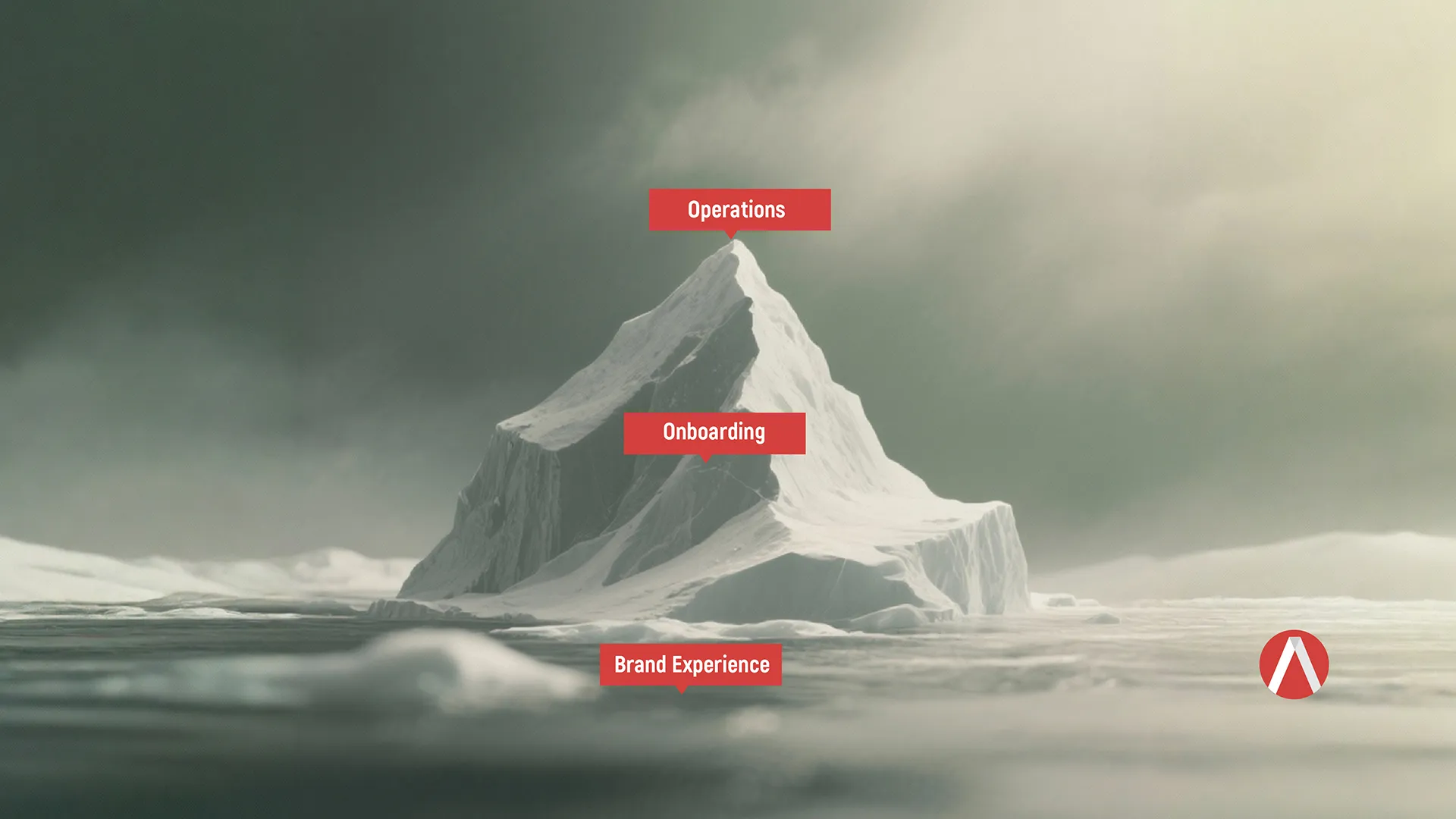Although it’s been a gradual shift, it’s still common for organizations to view marketing as an expense rather than an investment. This outdated perspective sets business marketers back a few decades and ultimately prevents them from achieving success.
The good news is that there’s a trend of organizations increasingly seeing marketing as valuable. But pressure is building on business marketers because they are expected to drive more revenue than ever before.
As we discussed in our last blog, most marketers are evaluated on how much revenue they bring in from new customers. Our marketing research data found that about half say their organizations expect them to demonstrate a return on investment (ROI) from marketing spend. Additionally, 60 percent of marketers directly reach out to prospects for sales purposes, reflecting the blurred lines between sales and marketing in many organizations.
Add in the high turnover we’ve seen the last few years, and business marketers are facing extraordinary circumstances — high expectations, staffing shortages, and an extremely fluid industry that continues to change. Our marketing research data found that business marketers are navigating a complex landscape, and many are turning to outside agencies for help. Agencies relieve some of the pressure, and they also bring expertise that fills gaps, including strategic ones.
In today’s blog, we’re diving into the ins and outs of working with agencies and how business marketers leverage those agencies.
Trends on Hiring Outside Marketing Agencies
Now, you may be thinking Is it worth the cost to hire an outside agency? How long will it take to onboard them? How do you know which agency will be the right fit? And you should be thinking about these issues before hiring anyone. According to our marketing research data, a lot of marketing leaders are in the same position. 70 percent have hired outside help to achieve marketing objectives. Of the 30 percent who are not using an agency, about half are planning to hire one in the future.
The takeaway? If you’re not using an agency or aren’t planning to, you’re in the minority.
Agencies come in all sizes and areas of expertise, so it’s common for organizations to partner with a mix of agencies that suit their needs instead of hiring just one to cover all their needs. For example, one agency may be a strategic partner, while another may be just for video production. Our marketing research data found that one-third of respondents use one agency, and about two-thirds work with two or more.
In recent years, staffing shortages have prevented many organizations from seeking outside help. Nearly half of all respondents say they have lost people from their internal team, and 86 percent say that loss had an impact. (Read more in our previous blog post.) As a result, 80 percent of these organizations have considered using an agency to fill in the gaps left by staff turnover.
After conducting the research, three distinct types of marketers emerged: Accomplished Marketers, Anxious Strugglers and Strategy Believers. Anxious Strugglers, the segment from our marketing research data that worries the most about fluctuating economic conditions, changing buyer behavior, and talent shortages within the marketing field, are the most likely to say they’ve considered hiring an agency.
Working with an outside agency is a smart thing to do because two heads are always better than one. Additionally, having access to an outside perspective and a team that possesses broad experience across multiple industries and disciplines is something your internal team may not have. Working with an agency allows for deeper ideation, brings expertise from a multitude of disciplines to the table, as well as the ability to stay ahead of trends in the marketplace. And, believe it or not, working with an agency often ends up costing you less because you don’t have to hire full-time marketing help.
How Organizations Use Agencies
One of the mistakes organizations make when hiring an outside agency is underutilizing them. Bypassing sound strategic advice and marketing planning that the agency you hired offers is like hiring a rocket scientist to build your organization a homemade foam rocket. You may lift off, but you’ll fail to reach the desired height (and potential).
Our marketing research data shows that many organizations use an outside staffing agency for project execution. These organizations treat agencies like a stopgap for capacity when the next wave of staff turnover hits. When organizations solely delegate project execution to agencies, marketing outcomes look different.
To be successful, the best agencies right size their services to match what a client needs. However, the strongest programs are those that are structured around a fully integrated, Earned, Shared, Owned, and Paid (ESOP) approach.
The key takeaway is that strategy must ground it all. Providing that strategic direction is one of the gifts of working with an agency. It allows you to stay ahead of the game and your competition. It also provides insights into overarching goals and how to formulate messaging, creative, and competitive intercept approaches that are needed to create fast growth.
There is a natural ebb and flow to working with an agency. Fees are therefore adjusted, which is a benefit and saves money over hiring full-time employees.
At Avocet, we always educate ourselves about our clients’ businesses and the market, industry, and trends that are impacting their success. We become subject matter experts and then adjust our perspective to view it through the lens of strategic marketing. That outside perspective turned inward ensures that execution is targeted and strategic.
To learn more about each segments’ behaviors and the opportunities they present, check out our entire executive summary and webinars. And to further ignite your own marketing strategy, check out our podcast.






